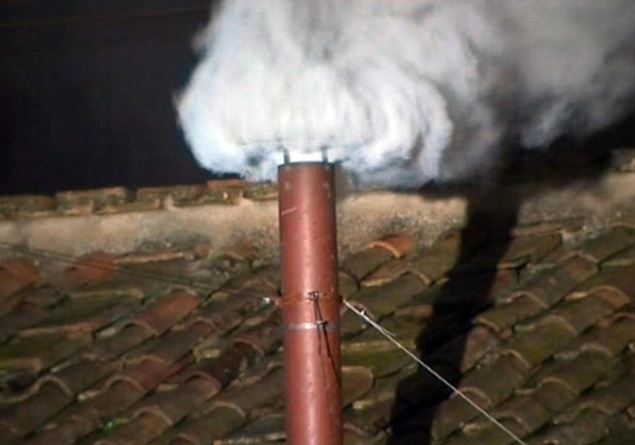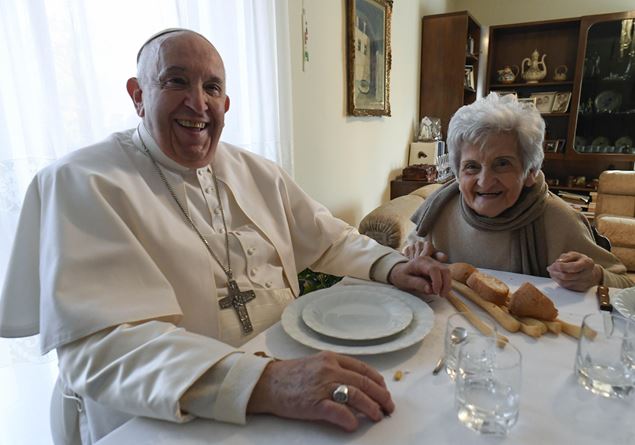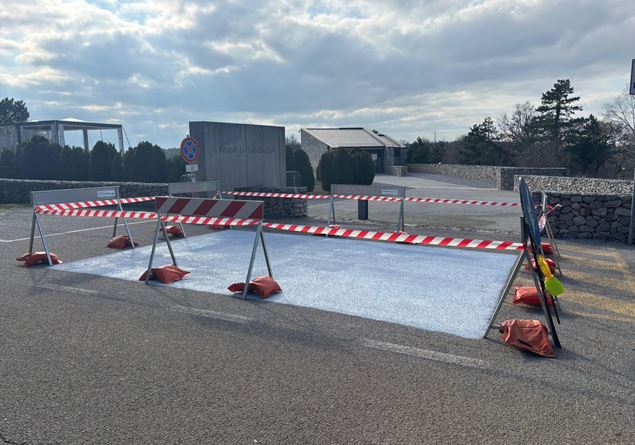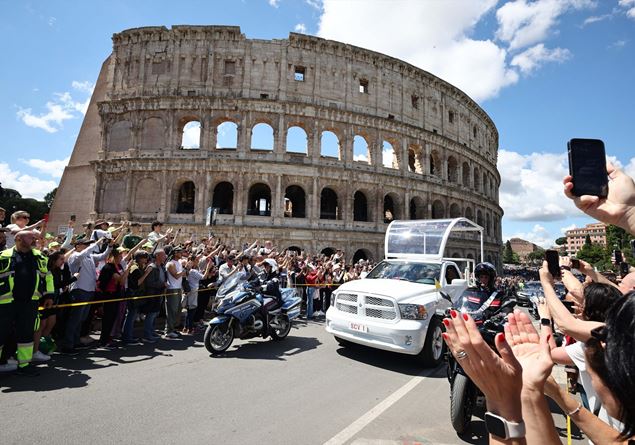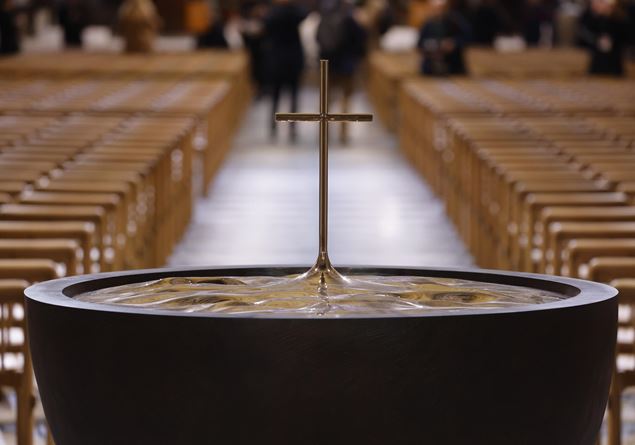Between May and June 1945, a few weeks after the unconditional surrender of Germany, thousands of Italians of Venezia Giulia, Istria and Dalmatia were slaughtered by the Marshal Tito militias, deported to the Slovenian and Croatian fields to die of hardship and Diseases, or thrown into the sinkholes, also slice of tens of meters deep, typical of the karst territory, such as that of Basovizza. Some were still alive, tied to each other and dragged into the abyss by the first of the row, executed on the edge with a blow of revolver.
Yugoslav propaganda, lasts to die still today, marked those massacres and those purgers as political justice against Nazi -fascists. But the reality was very different. They were ethnic cleaning, as had often happened in the Balkans and how it will continue to happen in the future.
Nobody had to oppose the annexation of the Terre contested between Italy and Yugoslavia. And so at the hands of the owners, collaborators and republicans, partisans, CLN members, local administrators, priests, communists against the annexation, hundreds of towns or citizens sucked into a vortex of revenge and reported by other compatriots, overwhelmed by a vortex of revenge that was accompanied by turbid violence. There is talk of five thousand victims, but not all of them were recovered for the roughness of those voracies. Those massacres preluded the exodus of over 300 thousand Italians, men, women, old Istrian children, Fiumans and Dalmatians, forced to abandon the land that became Yugoslav in which they had lived for generations. To renew that Italian tragedy, our Parliament approved on March 30, 2004 almost unanimously (Communist Refoundation voted against) the law 92 which establishes the day of memory of the victims of the sinkholes. As a date for the commemoration, that of the peace treaty was chosen, which in 1947 established the border between Italy and Yugoslavia on February 10.
One of the initiatives that had particular evocative evidence took place in 2020, when President Sergio Mattarella and the Slovenian Borut Pahor laid laurel wreaths in front of the Foiba of Basovizza, symbol of the martyrdom of the Italians, not far from Trieste, and the nearby monument of the Slovenian anti -fascist victims.
A link with this land and with this memory – that of the President – which strengthens over time and who looks to the future. The head of state firmly reiterated the importance of cooperation between Italy and Slovenia During the inauguration ceremony of Nova Gorica and Gorizia As European capital of culture 2025. “Nothing can bring the story back that Slovenia and Italy have built and build together”. A very clear message after the scarring at the Foiba of Basovizza, where, on the eve of the day of memory, repugnant and sacrilegious writings appeared. Unfortunately, the theme of the sinkholes, removed for decades by national consciousness and finally recognized in the late nineties, has often fallen into ideological exploitation, as if it should be contrasted with the uniqueness of the Shoah, equating two totally different events under all points of view , with the aim of mitigating the responsibilities of the Nazi -fascists towards the Jews.
A tragedy, that dell foibe, which continues to be ideological battleland. For decades she was buried under the silence, then rediscovered with suspicion, finally folded to the partner conveniences. There are those who use it to mitigate the faults of fascism and who to deny the violence titine, reversing the omelette. But the victims of the sinkholes were not all right, as has been said, there were only people guilty of being on the wrong side of the border, at the wrong time. What was united by being Italian. The story is not written with the removals or with the posthumous vendettas. It is written with the facts. And the facts say that the sinkholes were a national tragedy. Preserving its memory is not a political act: it is a duty of justice.
In the infot, the sacrar of the Foiba of Basovizza defaced by vandal writings.
